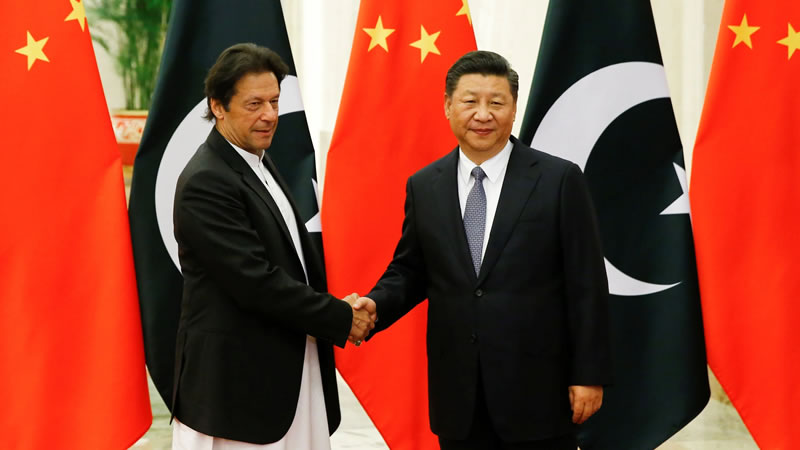 EDITORIAL (September 14 2010): Prime Minister Yousuf Raza Gilani while talking to the press at the Prime Minister’s House on Thursday stated that “no one should have any illusions, neither will the army take over nor does it want to, those dissatisfied with us should wait for the next election and vote us out then.”
EDITORIAL (September 14 2010): Prime Minister Yousuf Raza Gilani while talking to the press at the Prime Minister’s House on Thursday stated that “no one should have any illusions, neither will the army take over nor does it want to, those dissatisfied with us should wait for the next election and vote us out then.”
He added that those who were treating the army as distinct from the federal government were ‘living in a fool’s paradise’ and added ‘let them live there.’ If the Prime Minister’s objective was to quell speculation that surfaced in the aftermath of the statements by the leader of a critical coalition partner, MQM’s Altaf Hussain, or to convince analysts cognisant of the last sixty-three years of the history of government in this country then it is doubtful if he succeeded.
Be that as it may, there is general acknowledgement that no government, especially a cash-strapped one like ours that is under a rigid International Monetary Fund (IMF) programme, could have coped single-handedly with a natural disaster on the scale that we witnessed during the last six weeks. There is also general agreement that the army does come in the aid of civil institutions during times of a natural disaster as it has the necessary logistics to carry out rescue and relief operations. Thus no one can challenge the Prime Minister’s assertions in theory. However, an entirely different picture may emerge if one considers general public sentiment with respect to the performance of the present government during the crisis unleashed by the devastating floods.
Thus what the Prime Minister conveniently ignored was ample evidence of simmering public discontent, anecdotal though it maybe, even though visible anger of flood victims directed at visiting parliamentarians has been aired. There is also sufficient evidence that the government first grossly underestimated the scale of the disaster, and later consistently failed to take appropriate measures in time as its attention remained focused on political considerations. Epitomising failure to understand the gravity of the disaster the August 4 cabinet meeting did not deem it necessary to invite the Finance Minister who would have been able to provide an estimate of what could be released on an emergent basis to the provinces and, in addition, the Punjab government, represented by senior advisor Khosa and chief secretary, was not allowed to brief the cabinet on the damages suffered by the province. On the 8th of August the Prime Minister was in Karachi brokering a code of conduct between PPP, MQM and ANP.
The UN, however, began the next week to call on urgent assistance to ensure survival of what at the time was thought of as 6 million affected by the floods. Ban Ki-moon arrived in the country on the 15th of August and told the world that the disaster was worse than the tsunami. And yet there was only a trickle of assistance. The reason, according to an international financial institution spokesperson, was the trust deficit which she defined as the public in Western countries equating Pakistan with Taliban. The media in this country focused on domestic trust deficit based on numerous financial scams that this country has been subjected to, in the past, as well as during the last two years of the present government.
But what has raised hackles in the public are allegations of privately-built dykes on government lands by feudal lords and man-made breaking of dykes to divert flood waters from estates owned by some federal and provincial ministers to areas where the poor resided. Former Prime Minister Zafarullah Jamali also accused federal ministers of inundating large parts of Balochistan this way. Unfortunately, while the Prime Minister stated that he would institute a judicial inquiry on the matter the President dismissed these allegations as mere ‘fiction’.
A three-year full-term was given to General Kayani, on grounds that a change may not be desirable in mid-campaign of war on terror. His decision to keep army out of politics and his conduct was also a factor for his extension. The GHQ is, however, once again calling the shots in relation to Afghanistan, India and USA. Truly speaking, the Army is not yet fully governed by civilian authority, and does not take orders without question or demur.
The role played in restoration of judges, blocking transfer of ISI to Interior Ministry and public airing of views on Kerry-Lugar bill goes to show that the civilian-military relationship in this country has not matured to that stage. Until then the possibility of ‘Bangladesh model’ cannot be ruled out altogether – Brecorder











